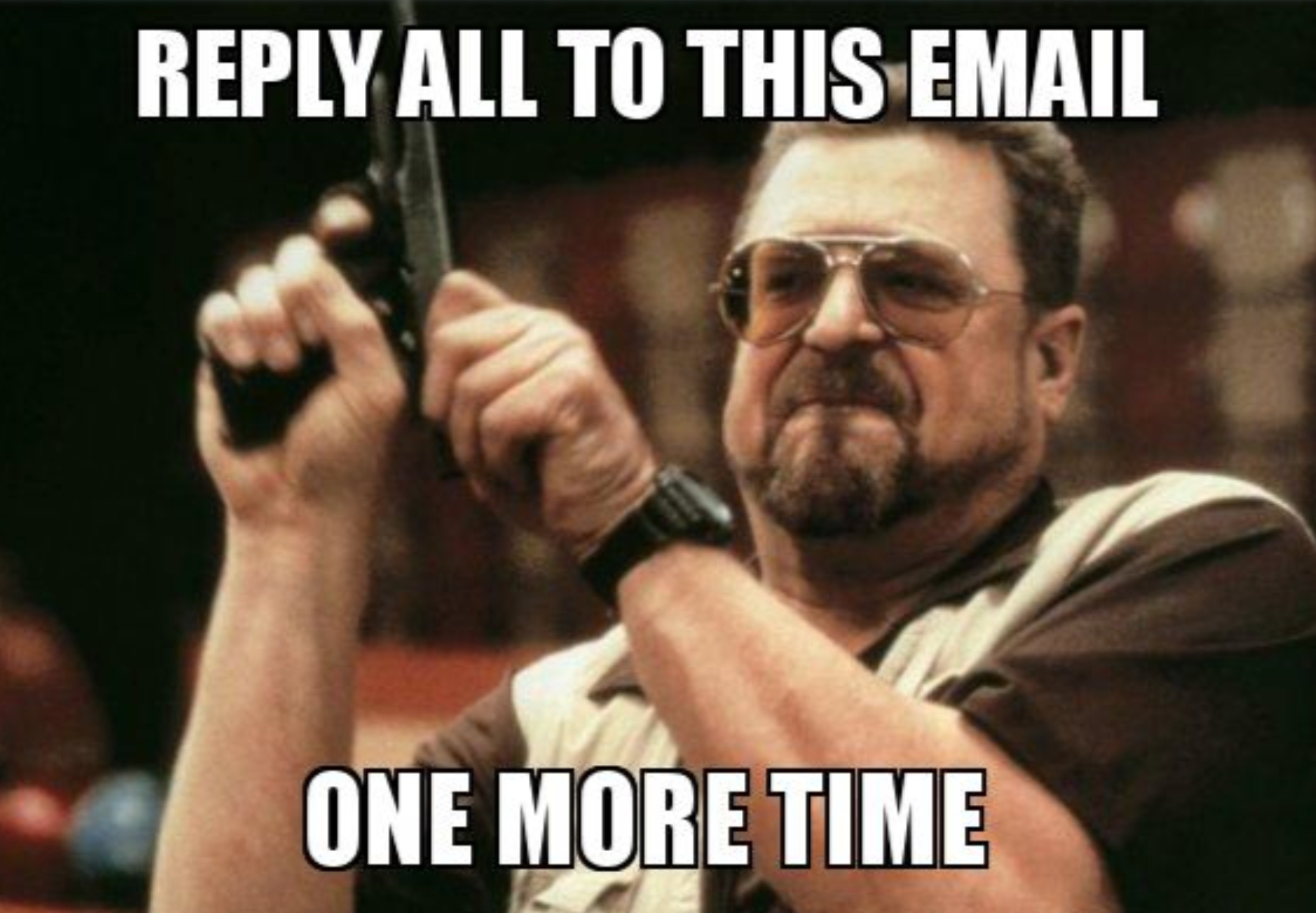Path Pavers: A Woman’s Work is Never Truly Done
I had the pleasure of sitting down with Ekua Mends-Aidoo last week to discuss life as a woman in construction and what the working world could look like in a post Diversity, Equity, and Inclusion (DEI) policy landscape.
The first half of the broadcast features a conversation between Dr. Jennifer Roberts and Catherine Shick, Public Relations Manager for FeedMore WNY, on food insecurity and the challenges faced by communities in food deserts. My discussion with Ekua begins around the 27-minute mark. While these topics may seem unrelated at first glance, issues like food insecurity, access, poverty, and women’s rights are deeply interconnected. That’s part of what makes solving even the most basic community issues so complex. How can we think about solving the world’s issues when our tummy is rumbling?! It’s as basic as Psych 101 and Maslow’s Hierachy of Needs…if you have taken any number of my seminars, you know I always find a way to bring up a pyramid ha ha (Confidence pyramid, anyone? Hey, it works!)
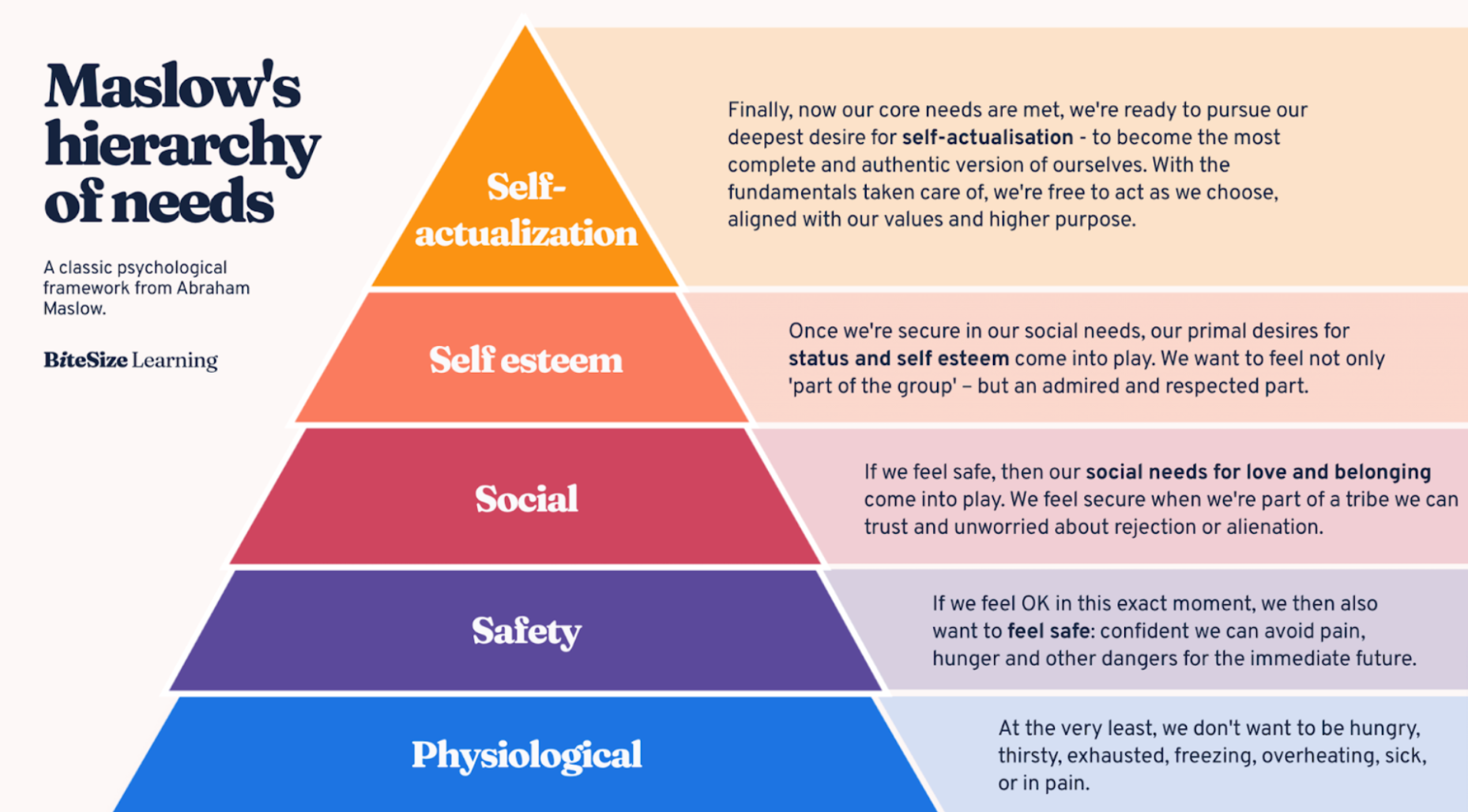
Communities and humans in general have a tendency to silo ourselves, but we do so at our own detriment in the end because no human being is just one thing. We are all part of diverse communities in one way or another not to mention the knowledge you are cutting yourself of from by silo’ing yourself. If we take the time to better understand each other’s struggles, triumphs, victories, and strengths, then the impossible becomes possible.
Thoughts to consider while listening:
- Community responsibility: Caring for one another should never go out of style
- Employer/corporate responsibility: Has our society become too accepting of greed as an inevitability?
- Intersectionality: Where do you fall in this kaleidoscope of people, and are you aware of the lens through which others view the world?
Women often bear the primary responsibility for caregiving; whether for children or aging family members. This reality directly impacts their ability to make the best decisions for their own lives and careers, contributing to the ever present wage and career gap between men and women. What is helping to lessen that gap? For some, it's the decision to delay starting families until their careers are more established or choosing not to have children at all.
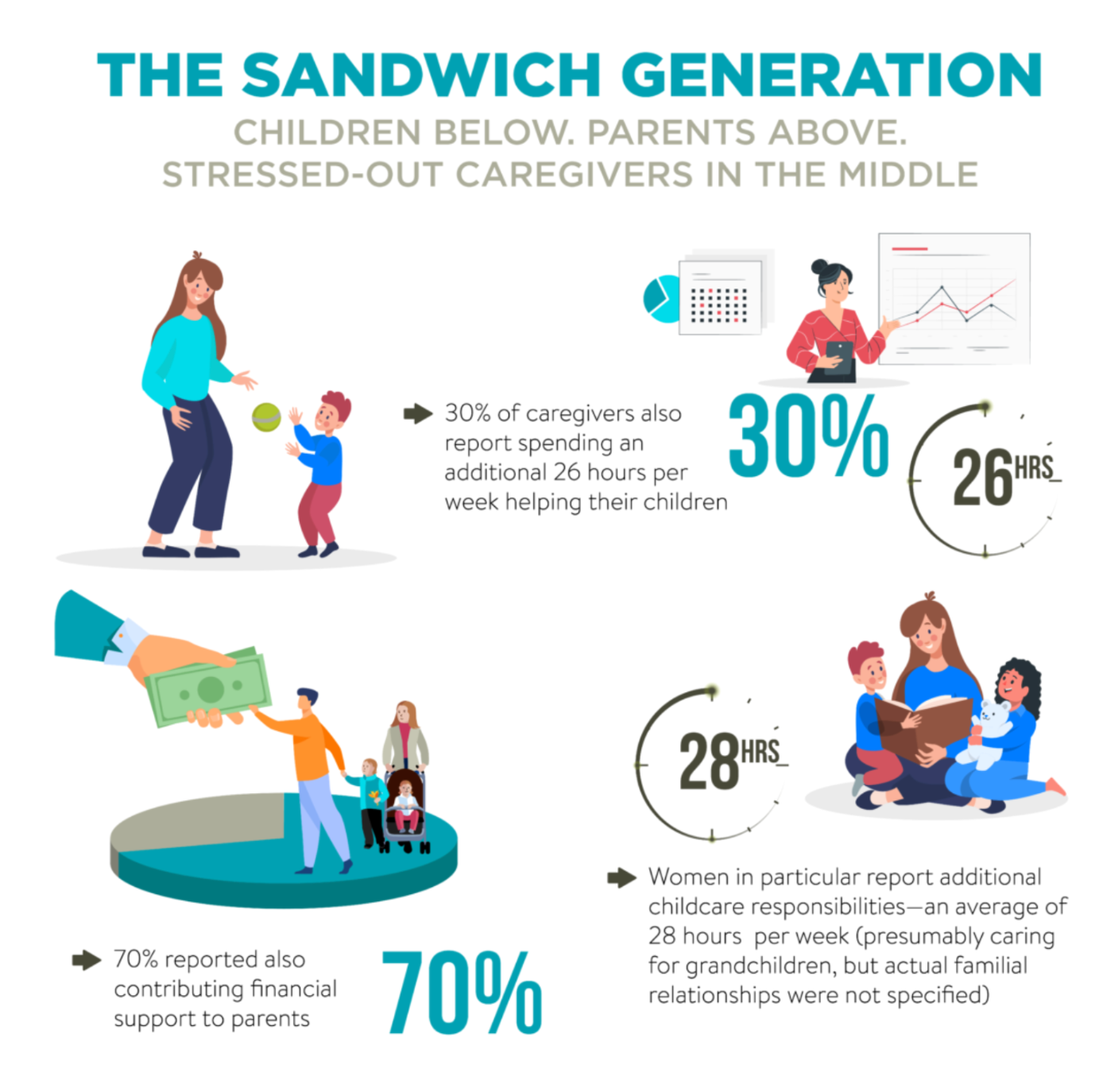
Employers that fail to invest in the communities they hire from or serve only deepen existing divides. This is especially true in male-clustered industries such as construction, manufacturing, insurance, and finance, where decision-making often defaults to a white, male perspective. This leaves women, mothers, Black men, people of color, and other marginalized communities out of the intersectional equation when it comes to shaping workplace policy and culture.
The trickle-down effect can result in a workplace environment where peers feel “separate and not equal,” impacting how coworkers relate to and engage with one another—and ultimately shaping corporate culture itself.
As we continue these conversations, whether it’s about food insecurity, gender equity, or corporate responsibility, remember that no single issue exists in a vacuum. The systems that shape our lives are complex and interwoven, and real change requires us to think and act beyond our own experiences.
If we want to create workplaces and communities that are truly equitable, we must be willing to look through lenses that are not our own. We must listen. We must reflect. And above all, we must act with empathy, accountability, and with the belief that a better, more inclusive future is not only possible, it's an ethical and moral imperative.
There is a business case upshot as well. From McKinsey AGC, NAWIC, every trade and business association, university and scholar known to us has proven that Diversity, Equity and Inclusion not only makes companies more money, but those policies yield better outcomes for years to come with happier, healthier teams. So where is the break down? Likely in the understanding of what DEI was meant to solve. At some point, if you still don’t grasp the goal - you just need to raise your hand. I’ll call on you. Start here.
Let’s stop asking who belongs at the table and start building bigger tables…and there had better be enough food for all of us at the table, too!
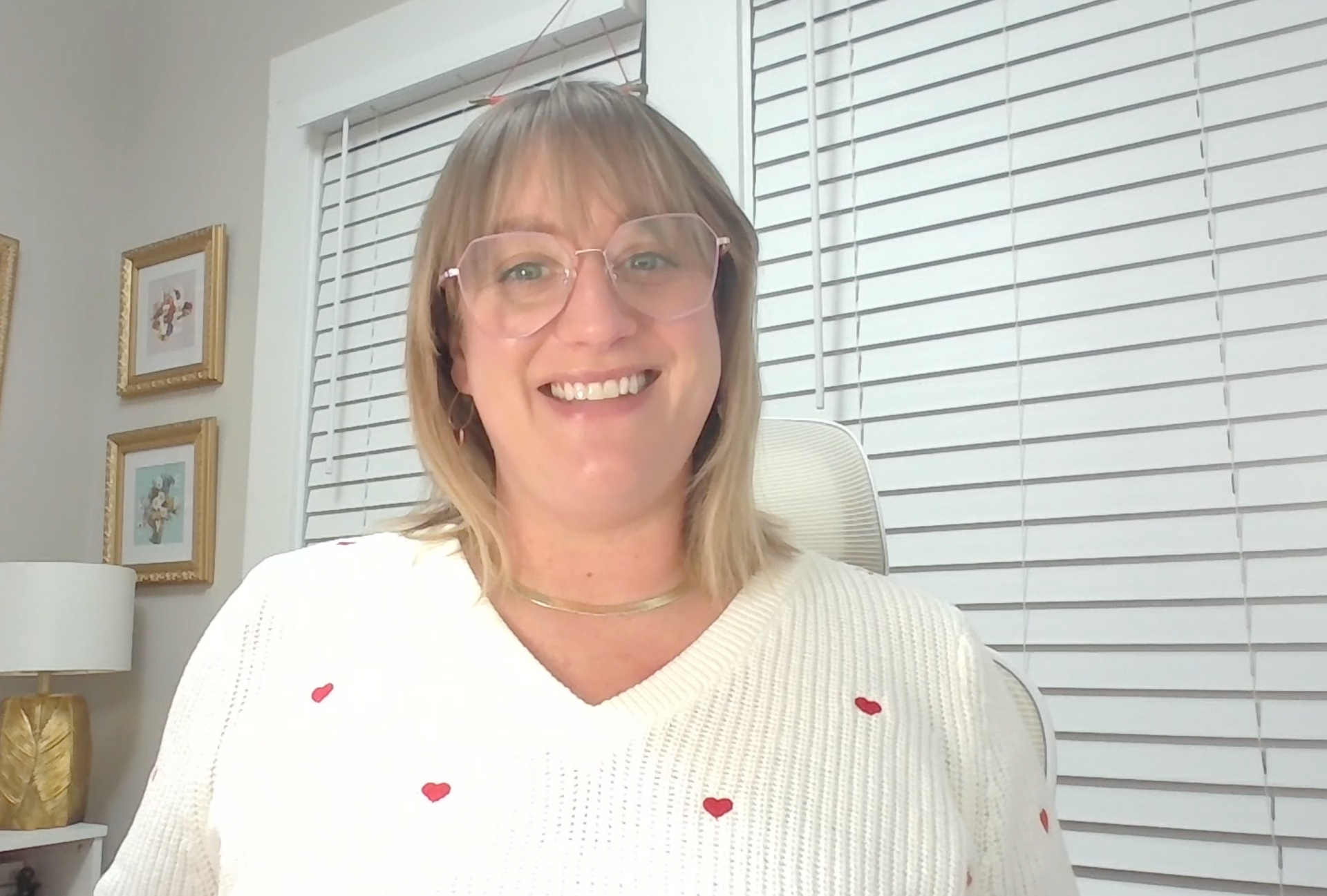

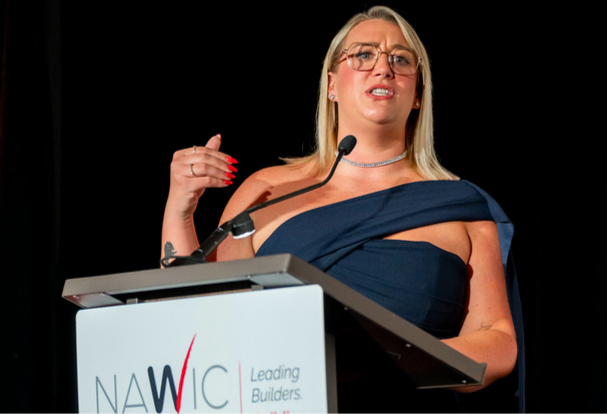
When you Empower Employees, the whole Team Rises... And so do You.
Ready to take your organization to the next level, or perhaps you're looking to take YOURSELF to the next level? Book a free 30 minute consultation and let's get started.
Navigate
Offering Executive Coaching, Keynote Speaking, Corporate Leadership & Employee Mentorship to Businesses & Individuals in Buffalo, New York, New York State, & Nationwide.
Website Designed & Hosted with SimplicityDMS

